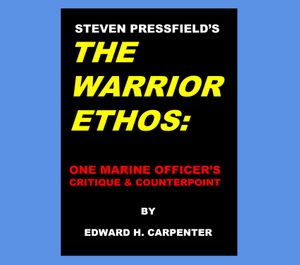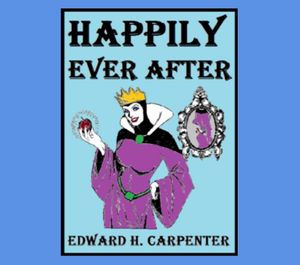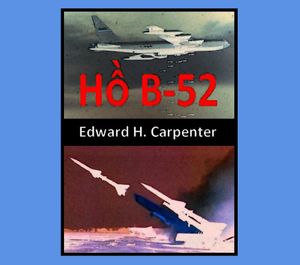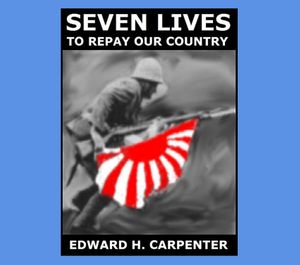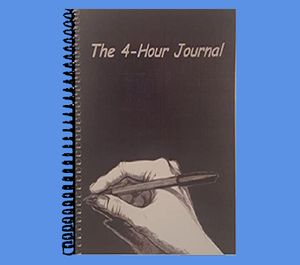I recently took a Harvard course with Dr. Charlotte Szilagyi on "The Imagination of Disaster in American Science Fiction Cinema and Television."
The course offered the option of doing a creative final project in lieu of the standard graduate-level research paper, and because one of my intentions in taking that course was to expand my creative horizons beyond writing, I chose to make a documentary-style film for my final project, which was a look at David Lynch’s 1984 treatment of Dune.
My 20-minute film may be viewed above - so, if your curiosity is piqued, feel free to watch it now, or read on for more about my thesis and approach.
While studying the science fiction films from the 1950s to the present day in Szilagyi's course, I had noted that many films considered among the best and most influential had their basis in science fiction novels, which have long been one of my favorite genres to read in. But the film adaptation of the best-selling science fiction novel of all time, Frank Herbert’s Dune was not among them. This interested me, as the science fiction novel shares a common purpose with cinematic science fiction, and I felt that there had to be some definitive reason why a story that had performed so well in print had failed so badly on the big screen. My goal in this project was to examine David Lynch’s Dune in comparison to George Lucas’ original Star Wars trilogy to try to explain why the former failed where the later succeeded, to explain the cultural significance of that failure, and to examine whether the newest visual imagination of the world of Arrakis (set to release in October of 2021) was likely to do any better.
The title for this project comes from Roger Ebert’s 1984 review of the movie, where he deemed it “an incomprehensible, ugly, unstructured, pointless excursion into the murkier realms of one of the most confusing screenplays of all time.” But I offer a different assessment.
My core assertion was that Dune suffered from four significant issues:
- First, it tried to squeeze a 412-page novel into a two-hour long film.
- It also suffered from a problematic use of sound; it lacked either a memorable score or a distinctive use of diegetic sound, and, in trying to solve the first problem (that of the length of its source material) Lynch relied heavily on non-diegetic and semi-diegetic sound in the form of voiceovers and internal monologues.
- Third, it failed to provide the audience with aspirational heroes for both men and women.
- And finally, its mixing of the monstrous feminine and religious archetypes was much less palatable to audiences than the kindly old mentors and vaguely all-encompassing Force of the Jedi.
To prove my thesis, I created a documentary film in four main sections.
- In the first, I started with a brief discussion of the role of science fiction, and why it mattered whether Dune succeeded or not.
- Then, I provided a brief background on Dune itself, and its many similarities to the successful Star Wars franchise.
- Next, I examined the four major failings of the film in detail.
- Finally, I closed with a section that reengages with why Dune’s failure at the box office in 1984 was significant, and what we can expect of the newest film incarnation of Dune scheduled for release this year.
Production: I used Animotica as my software solution, and created visuals in Powerpoint (exported as .jpeg images) to create several “informational” sequences in the film. I also used the software to capture video of myself as the narrator of the film, using a simple “to camera” perspective. I used voiceovers and clips from YouTube and edited them into what I consider to be a “rough cut,” of the film, which gave me a framework to reflect on what I could do better in a remake.
Post-Production: I created the film in several sections, and pre-screened small segments with experts, receiving criticism and advice. I then worked to edit the sections together in a way that flowed smoothly, noting that there were definitely areas that needed a more serious level of post-production treatment than my skill level and time allowed; especially notable was some issues with the audio at the very start of POV sequences that opened from a blur transition.
Reflection: As a creative, I was truly appreciative for the opportunity to create a final project that took the form of something besides the traditional research paper. While the process was far more time-consuming than writing such a paper, I feel that especially in the context of a class focused on film, the act of watching, re-watching, selecting clips, narrating my thoughts, and editing them together into a somewhat coherent narrative caused me to more actively engage the right hemisphere of my brain to hear and see things that I would likely have missed had I been engaging only the left hemisphere of my brain as a writer.
I'd highly recommend this to other writers - if you're working on a degree in Creative Writing and Literature, take this type of film class and look for a professor who offers this type of creative option for credit. If you're not working on a degree, than make such a class part of your continuing professional education. I took this course through Harvard's Extension program - but I am certain you could find similar offerings elsewhere!
I'd love to hear your thoughts in the comments, as always.
Best wishes!
Edward

